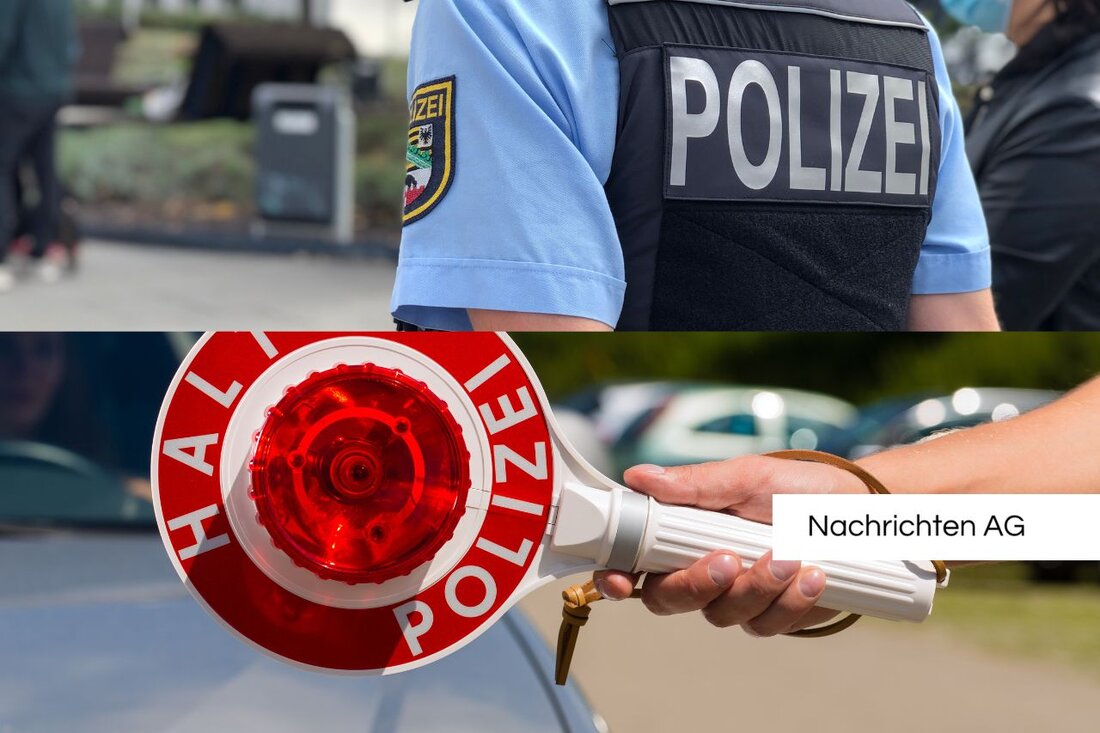Kellogg gives Putin right: NATO east extension in the crisis!
Kellogg gives Putin right: NATO east extension in the crisis!
Istanbul, Türkei - The conflict between Russia and Ukraine remains tense, while diplomacy is intensifying. In a recent interview with ABC News, the US Ukraine-sent Keith Kellogg expressed understanding of the demands of Russia regarding the end of NATO east extension. Kellogg described this as a "legitimate concern". He also underlined that the NATO ambitions of Ukraine are currently “not up for debate” for the United States. This happens in the run -up to the next round of negotiations, which is to take place on Monday in Istanbul, where representatives of Ukraine and Russia meet in order to bring together the memorands designed by both sides into a uniform document.
A large number of international actors will also be present in these talks, including delegates from Germany, France and Great Britain, which will join the negotiations. Kellogg also referred to the NATO ambitions of Georgia and Moldova. Russia, on the other hand, demands a written promise that NATO will not expand to the east, which would rule out the accession of Ukraine, Georgia and Vltava.
Putin's conditions and American accommodation
Vladimir Putin has formulated clear conditions for an end to the conflict, which include the stop of the NATO east extension and the political and military neutrality of Ukraine. In addition, he calls for the protection of Russian -speaking people in Ukraine, the abolition of sanctions against Russia and a solution to frozen Russian assets. The complete control of Russia is particularly controversial about the unavailed parts of the regions of Donetsk, Luhansk, Cherson and Saporischschja.
The USA is willing to talk about a possible ceasefire. The US specialist Steve Witkoff indicated that Ukraine may have to do without its own territories, while the United States is even considering recognizing the Crimea as a Russian territory. Kellogg has emphasized that his plan should require both sides to concessions, but this has not increased the pressure on Russia.
background for the NATO east extension
NATO east expansion has its roots in the early 1990s and is characterized by the two-plus four contract that regulated Germany's reunification. Historians have discussed that although promises to expand NATO, they are legally not binding. Until 1993, the Russian perspective under Boris Yeltsin was shaped by the conviction that the NATO east extension was a matter of those affected. Today, on the other hand, Kremlin chief Putin sees the situation as a direct threat. He has repeatedly pointed out alleged violations of the West of previous agreements and declares that Russia will not accept a military threat from NATO and Ukraine, even though this is weaker.
The situation remains fluid, and the upcoming conversations in Istanbul could be crucial for whether peace can be found in the region or whether the conflict continues to escalate. In the meantime, Kellogg criticized Russia's persistent attacks on Ukrainian cities, while the world is waiting for the results of these diplomatic efforts.
for more detailed information about the geopolitical implications and the background of the NATO east extension, see Tagesspiegel and Deutschlandfunk .
| Details | |
|---|---|
| Ort | Istanbul, Türkei |
| Quellen | |


Kommentare (0)